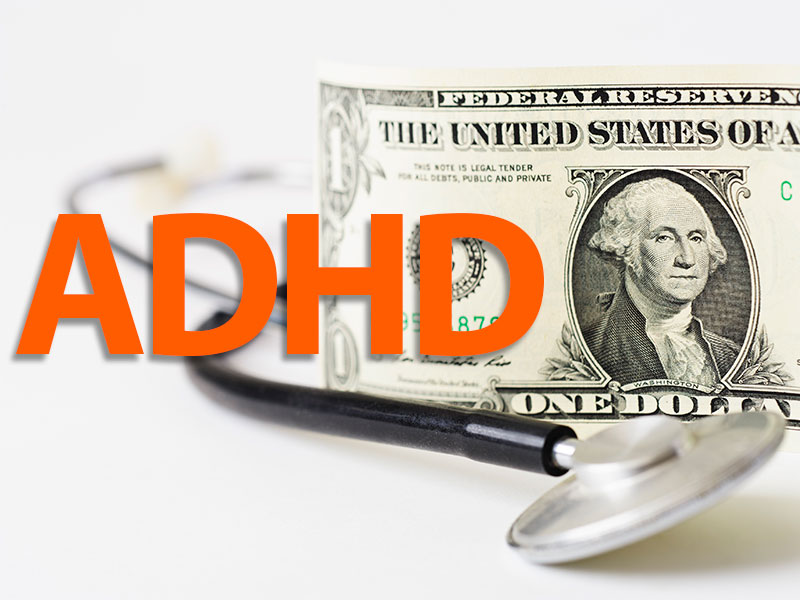New Zealand joins growing list of nations restricting puberty-blocking drugs for minors
11/23/2025 / By Belle Carter

- New Zealand has banned puberty-blocking drugs for minors with gender dysphoria, following similar restrictions in the U.K., Finland, Sweden and Norway due to concerns over long-term safety and efficacy.
- The ban follows an evidence review highlighting irreversible side effects, including stunted bone growth, infertility, cognitive impairment and increased risks of cardiovascular disease, diabetes and cancer.
- Health Minister Simeon Brown stated the government is taking a cautious stance pending further research, allowing current patients to continue treatment while awaiting results from a major U.K. study expected in 2031.
- The decision aligns with the U.K.’s Cass Review, which found weak evidence supporting puberty blockers and warned of severe risks, including bone density loss and potential IQ suppression.
- While transgender advocacy groups criticize the move as “ideologically driven,” others, including NZ First leader Winston Peters, support the restrictions, emphasizing long-term safety over rapid medicalization.
New Zealand has become the latest Western country to restrict the use of puberty-blocking drugs for minors experiencing gender dysphoria, citing insufficient evidence of long-term safety and efficacy.
The ban, announced by Health Minister Simeon Brown on Nov. 19, follows similar moves by the U.K., Finland, Sweden and Norway, reflecting a global shift toward caution in youth gender medicine. The decision comes amid mounting concerns over irreversible side effects, including stunted bone growth, infertility and cognitive impairment.
New Zealand’s policy change aligns with recommendations from an evidence review by the Ministry of Health, which found a lack of high-quality research supporting puberty blockers for gender dysphoria. “While this uncertainty persists, the Government is taking a precautionary approach,” Brown stated.
According to BrightU.AI‘s Enoch, puberty blockers are often prescribed to children and adolescents who identify as transgender. However, the long-term effects and psychological impacts of these drugs are not fully understood, raising serious concerns about their safety.
The ban applies only to new cases, allowing current patients to continue treatment while awaiting results from a major U.K. clinical trial, which is expected in 2031.
The drugs—gonadotropin-releasing hormone (GnRH) analogues—will remain available for conditions like early-onset puberty, endometriosis and prostate cancer, where their benefits are well-documented. However, their use for gender-related distress has faced increasing scrutiny.
The science behind the decision
The U.K.’s landmark Cass Review, led by pediatrician Dr. Hilary Cass, concluded that evidence supporting puberty blockers was “weak” and that their impact on brain development, fertility and mental health remains unclear. Studies cited in the report warn of severe risks, including:
- Bone density loss, increasing fracture risk
- Permanent sexual dysfunction and infertility
- Higher rates of cardiovascular disease, diabetes and cancer
- Potential IQ suppression due to disrupted neural development
Charlotte Paul, an emeritus professor of public health at the University of Otago, endorsed the restrictions, stating, “We don’t know enough about the population we’re treating, and we could be harming a lot of kids.”
Political and activist reactions
The decision has drawn sharp criticism from transgender advocacy groups, with the Professional Association for Transgender Health Aotearoa calling it “ideologically driven.” Green Party MP Ricardo Menéndez March accused the government of “buying into imported culture wars” rather than addressing broader healthcare issues.
Meanwhile, NZ First leader Winston Peters celebrated the move, emphasizing his party’s longstanding opposition to puberty blockers for minors. The policy shift coincides with a 400-page U.S. federal report highlighting the dangers of pediatric medical transition, including surgical complications and irreversible hormonal effects.
New Zealand’s restrictions reflect a broader reevaluation of youth gender interventions, with nations increasingly prioritizing long-term safety over rapid medicalization.
As Brown noted, the goal is to ensure treatments are “clinically sound and in the best interests of the young person.” With the U.K.’s pivotal study still years away, the debate over puberty blockers remains unresolved—but for now, caution prevails.
Watch the video below that talks about the U.K.’s ban on puberty blockers for minors.
This video is from the GalacticStorm channel on Brighteon.com.
Sources include:
Submit a correction >>
Tagged Under:
banned, chemical violence, gay mafia, gender, gender confused, Gender Dysphoria, GnRH, health freedom, Medical Tyranny, medical violence, New Zealand, puberty blockers, safety, youth gender medicine
This article may contain statements that reflect the opinion of the author





















